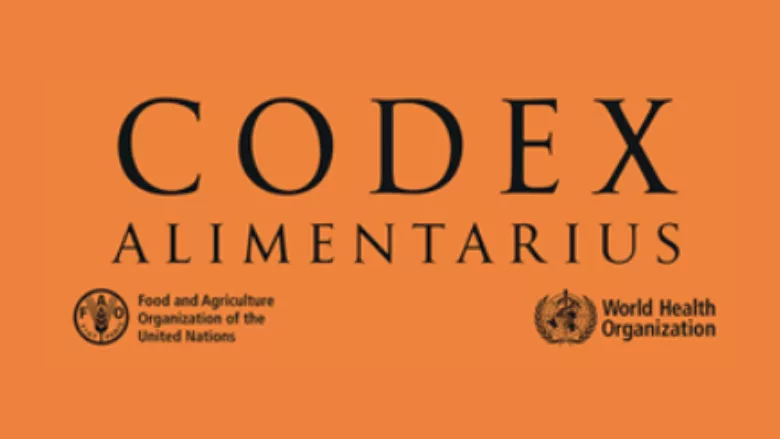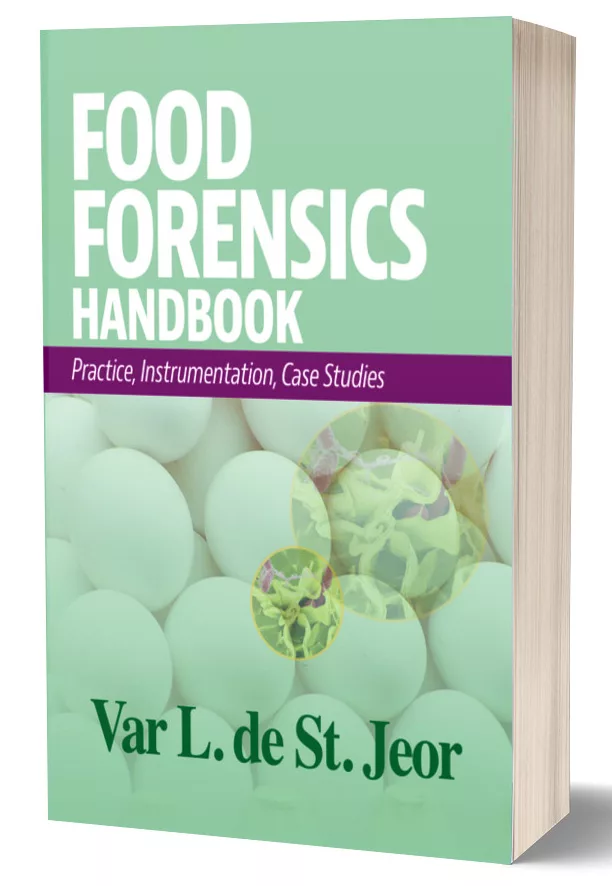Codex Publishes Guidance on Managing Microbiological Foodborne Illness Outbreaks

The Codex Alimentarius Committee on Food Hygiene (CCFH) has released an amended proposed draft guidance on the management of foodborne illness outbreaks associated with microbiological hazards. Work on the new draft guidelines began in November 2017 at the 49th Session of CCFH.
The draft guidance is intended to advise food safety authorities on the preparedness and management of foodborne illness outbreaks of microbiological origin, including on communication with international networks like the International Food Safety Authorities Network (INFOSAN) and notification to the World Health Authority (WHO) under the International Health Regulations (IHR) when necessary. The guidance addresses incident preparedness, detection, and response to limit the extent of outbreaks as much as possible. The guidance recommendations on the appropriate use of new analytical technologies, such as genetic typing methods (e.g., whole genome sequencing [WGS], multiple-locus variable number of tandem repeat analysis [MLVA], and multi-locus sequence typing [MLST]), during an outbreak investigation.
Also described in the guidance are the roles of food safety authorities at the local, national, and international level, and the collaboration among authorities in official network structures. Guidelines are included on collaboration and communication with food business operators and other stakeholders before and during foodborne illness outbreaks, as well as during post-outbreak activities and outbreak management reviews. Maintenance of structures and training methods to strengthen network response are also addressed.
Several previously released Codex documents are referred to in the present draft guidance, related to information exchange, risk analysis, microbiological risk assessment, and microbiological risk management.
Amendments to the draft guidance reflect stakeholder comments.
Looking for quick answers on food safety topics?
Try Ask FSM, our new smart AI search tool.
Ask FSM →








